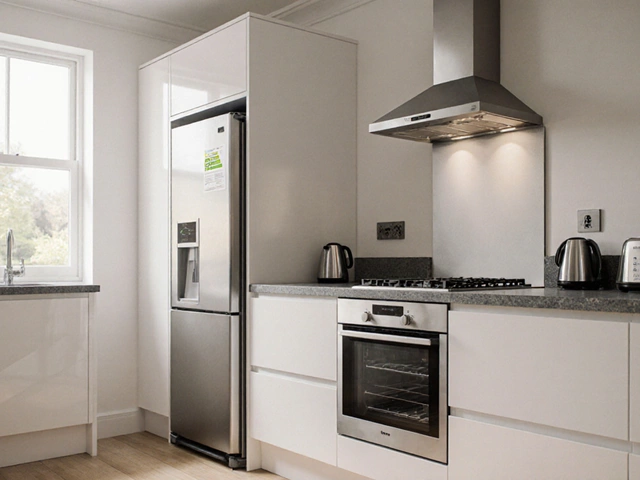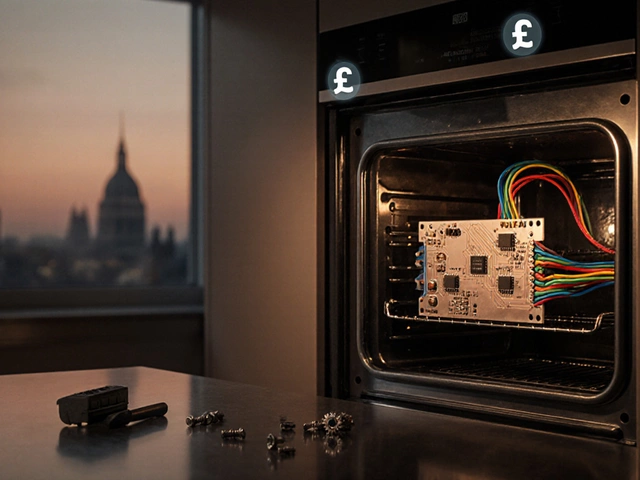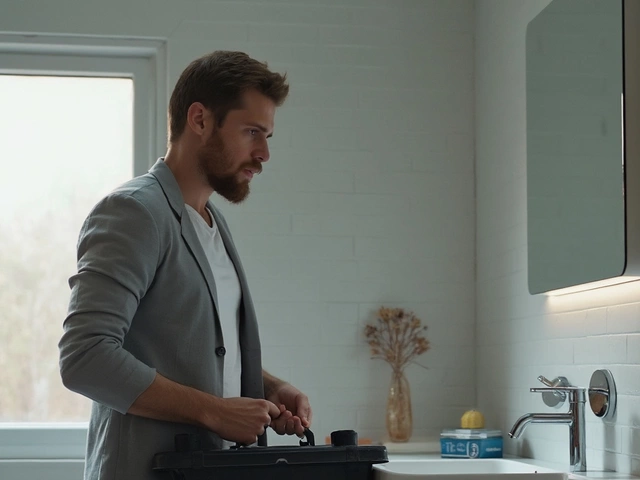Got a heat pump? It’s a great way to heat (and cool) your home, but like any machine it needs regular TLC. Skipping maintenance can lead to weak airflow, higher bills, or a total breakdown. Let’s walk through the most useful checks you can do yourself and when you should hand the job to a pro.
Start each spring and autumn with a quick visual inspection. Look at the outdoor coil – any leaves, dust, or spider webs will choke airflow. A garden hose on low pressure can clear the mess; just be gentle so you don’t bend the fins.
Next, peek at the indoor air filter. A clogged filter forces the fan to work harder, reduces heat output, and can trigger error codes. Replace or clean the filter every 30‑60 days during heavy use. It’s a cheap habit that pays off in smooth operation.
Check the refrigerant lines for signs of wear: cracks, corrosion, or loose connections. If you see oily spots or a hissing sound, that’s a leak and you need a qualified technician. Trying to top up refrigerant yourself is illegal in the UK and can damage the system.
Run the thermostat through all modes – heat, cool, fan‑only – and listen for strange noises. Rattles often mean a loose fan blade or motor mount. Tightening screws is usually a simple DIY fix, but if the sound persists, call an expert.
Finally, verify the condensate drain isn’t blocked. A clogged drain can cause water overflow and corrosion. Unplug the unit, then use a wet‑dry vacuum or a long brush to clear any debris.
If the heat pump won’t blow warm air, the problem could be a faulty reversing valve, low refrigerant, or a broken compressor. These components require specialist tools and certification, so schedule a service visit.
Heat pumps lose efficiency when outdoor temperatures drop below their design limit (usually around -5°C to -10°C for air‑source units). A professional can test the system’s performance, adjust settings, and advise if a supplemental heating source is needed for severe winters.
Regular professional servicing—once a year is ideal—keeps the warranty valid and catches hidden issues before they become expensive. Technicians will clean the coil, check electrical connections, test safety controls, and confirm the system’s airflow is within spec.
Don’t ignore warning lights or error codes. Most modern heat pumps display a fault code that points to the exact problem. A quick call to your local repair team with that code can speed up diagnosis and reduce downtime.
By staying on top of these simple tasks, you’ll extend your heat pump’s lifespan, keep energy bills down, and avoid the frustration of a cold house in the middle of winter. Need help? Our Bognor Regis Appliance Repair Experts are just a call away for fast, reliable service.

Heat pumps are reliable, but they aren’t perfect. Most people run into the same headache: their heat pump is running, but the air isn’t getting warm (or cool) enough. This article breaks down why this happens, what you can do before calling a pro, and how to keep your heat pump running smoothly. Get to know the main reasons behind weak heat and poor air flow, and pick up easy tips to avoid repeat problems. It’s practical info every homeowner can use.

Learn what qualifies as an appliance in UK homes, including major vs. small appliances, what doesn't count, and why the distinction matters for repairs and insurance. Clear, practical guide for homeowners.

Considering replacing your electric oven on your own? Before you jump into action, it's crucial to understand the steps involved and the potential challenges you might face. From ensuring safety precautions to understanding the basic wiring, this article delves into what you need to know. We'll discuss not only the tools and skills required but also when it's better to call in a professional. By the end, you'll have a clearer picture of whether you should tackle this task yourself or seek expert help.

Wondering if it's worth repairing your electric oven or if you should just buy a new one? This article dives into the factors to consider, from cost effectiveness to the age of your appliance, helping you make an informed decision. We'll discuss common issues that can be fixed, when to call in a pro, and some smart tips to extend the lifespan of your oven. By the end, you'll know whether fixing or replacing is the better choice for your situation.

Learn the typical UK price for an oven control board, factors that affect cost, DIY steps, and when to call a professional in 2025.

Discover who to call when your bathroom extractor fan starts acting up. This article explores whether to hire a professional electrician or tackle it yourself, highlighting common issues and maintenance tips. You'll also learn why keeping your fan in top shape matters more than you might think.